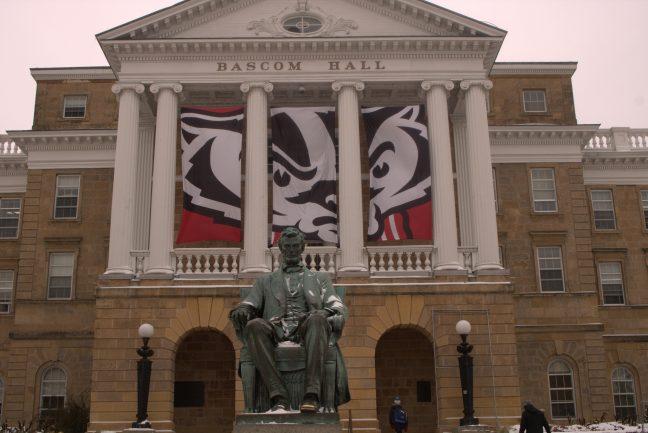With the help of the League of Wisconsin Municipalities, University of Wisconsin released a research survey tracking people’s current behaviors and beliefs on the coronavirus pandemic with the hopes of contributing to slowing its growth, according to a UW news article.
According to the article, this initial survey will allow UW to create a social media campaign to better encourage healthy community behaviors. Researchers will base the social media campaign on respondents’ answers.
The idea for the survey came from member engagement and communications director for the League of Wisconsin Municipalities Gail Sumi’s daughter, who observed people gathering in local public places and not practicing the recommended social distancing, according to the article.
“We have a lot of local officials and people who are social influencers in our state, who could provide the right message in how people see their role in mitigating the spread of coronavirus,” Sumi said in the article.
The League of Wisconsin Municipalities is an organization that unites participating cities and towns of Wisconsin in sharing ideas and information regarding relevant issues, according to the organization’s web page.
Markus Brauer, a business and psychology professor at UW and principal investigator for the survey, said it is important to understand people’s behaviors during the pandemic in order to successfully take part in the slowing of the disease.
“The survey results will be key to moving ahead because we can only address this crisis if we know what people think and how they behave,” Brauer said in the article.
The survey, which can be found on UW’s website, takes about 15 minutes to complete. It includes questions where people rank how important they believe a particular behavior to be or how much they agree with general ideas about the coronavirus.
On their website, UW recommends the community take the survey and share it through social media platforms such as Facebook or Twitter, as well as encourage others outside of the UW community to participate in the survey.


